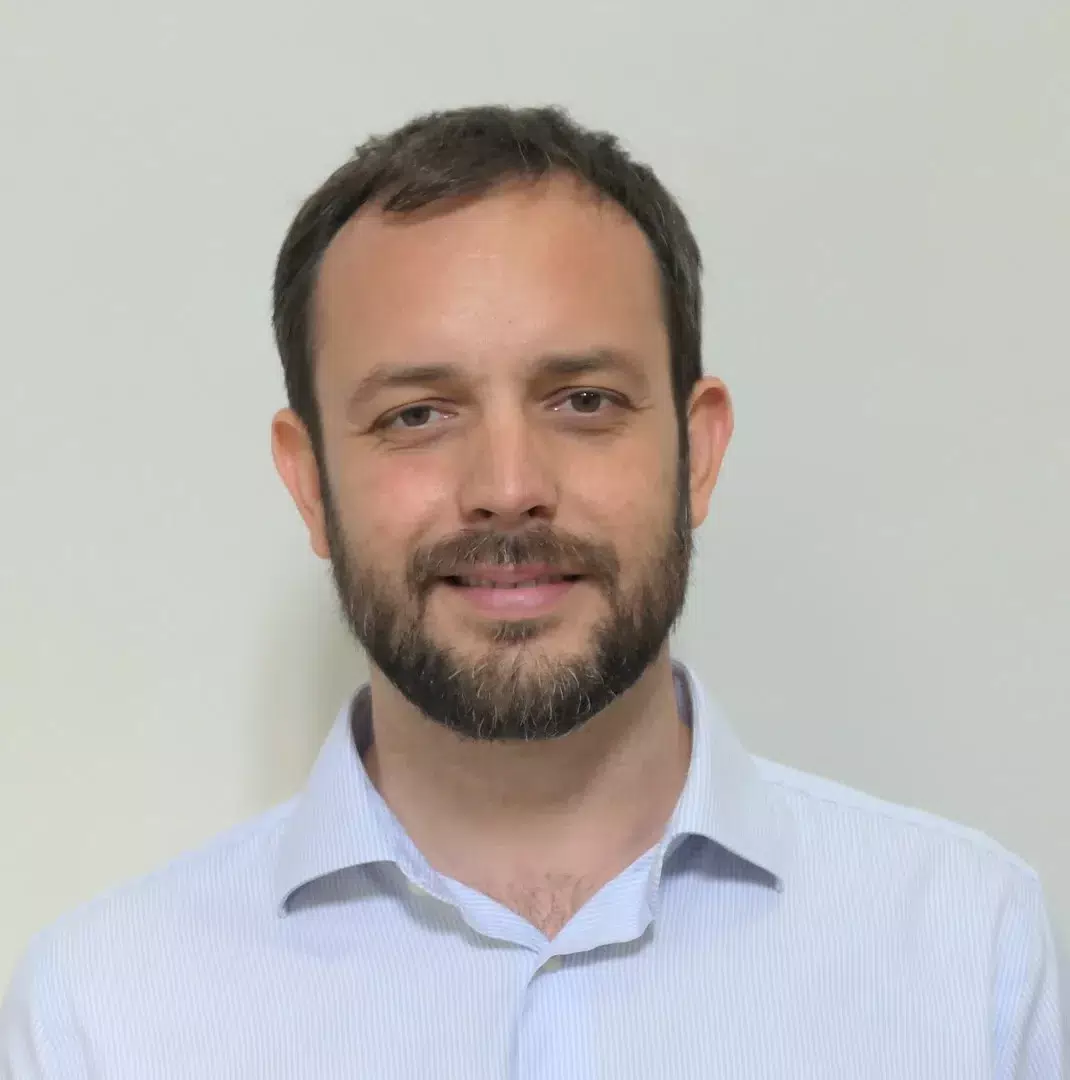Davide Liborio Vetrano has received EU funding in the context of Marie Skloowska-Curie Actions (MSCA) Doctoral Networks for his project entitled "UnderstandiNg fraIlty tOwards a future of healthy ageing (UNION)". The European Commission funds research and innovation projects to boost top researchers' careers through mobility and innovative doctoral and postdoctoral training. The project will start in 2025 and Davide Liborio Vetrano is the Principal Investigator at Karolinska Institutet.

The objective of the MSCA Doctoral Networks is to implement doctoral programmes by partnerships of universities, research institutions and research infrastructures, businesses including small to medium enterprises, and other socio-economic actors from different countries across Europe and beyond.
Starting 2025, Davide Liborio Vetrano, who is the principal investigator at Karolinska Institutet, will receive EUR 595,000 (out of EUR 4,5 for the entire project) to fund two PhD student positions for a period of three years.
Tell us about your project?
The title of the project is "UnderstandiNg fraIlty tOwards a future of healthy ageing (UNION)". It involves ten institutions from five European countries and will provide support to 17 doctoral students for advancing the current understanding of frailty, and providing innovative solutions on how healthy ageing can be achieved.
It is a multidisciplinary and translational project, involving animal experiments and analysis of large clinical cohorts. UNION's overall goal is to explore the molecular and cellular mechanisms of ageing that predispose individuals to develop frailty and live a longer residual life in poor health.
What does this grant mean for you?
In line with one of my research lines, the two PhD projects carried out at KI will be focused on the investigation of the biological signature (i.e. blood-based biomarkers of ageing) of older individuals with multimorbidity that experience worse health trajectories than others, developing for example frailty and dementia, on top of complex comorbid clinical pictures. This will be accomplished by exploiting high quality data from the SNAC-K cohort and validating the results in other clinical cohorts in Germany and United Kingdom.
This financial support will allow me to expand my research line, getting closer to findings with tangible impact, and supervise two younger colleagues eager to learn new things together.
Who else is involved in the project?
There are nine other institutions from the United Kingdom, Spain, Italy and Germany.






